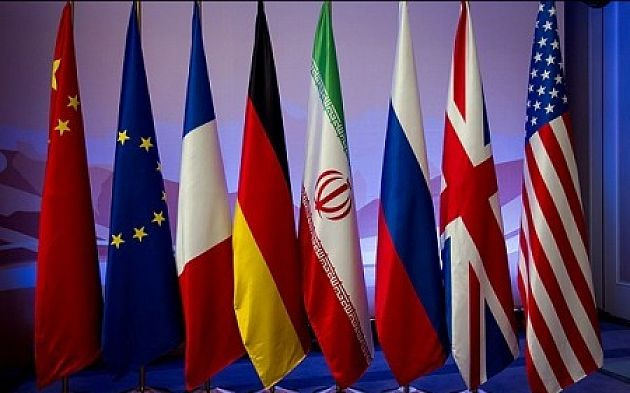Success of Agreement Depends on Lifting of Sanctions

Based on what has been reported in the media, members of the negotiating team are looking to reach an agreement over a general framework and leave its details for a later time. In fact, the negotiators seek something separate from the “comprehensive agreement”. If a general agreement is reached, its details will be discussed in the future and steps will be taken at different phases. The following points are significant:
1-First, the question that is raised in the media is whether this general agreement would be to Iran’s benefit or not. Before answering this question, it must be considered that the Zionist regime is concerned that Iran would be a powerful country in the region after the agreement and the lifting of sanctions. According to the officials of the Zionist regime, under sanctions, Iran was able to have influence in the region particularly in Syria, Lebanon and Iraq. Now, if an agreement is reached and sanctions are lifted, Iran will have the upper hand in the region. Therefore, the accusation of a nuclear Iran is only an excuse. Thus, it is necessary to understand what a general agreement would mean and what is it related to. If the grounds for a general agreement are positive and constructive, it could be considered as a good step. The context of the general agreement is important. What should be stressed in this agreement is the lifting of sanctions.
2-The second question is that if a general agreement is reached, would it be to Iran’s benefit to leave the details for later discussion while the Republicans are the majority in the Congress? Perhaps, there is not much hope for a general agreement and it is not an easy task because the general agreement is the road map for the future on the basis of which the limits of negotiations about the details are determined. If the details are left to the future, it will have its own perils. Therefore, the issue of the lifting of sanctions within 6 months to one year must be placed in the general agreement. Then the details can be discussed. The general agreement is the guideline. The other party must lift the sanctions as soon as possible. They must know that Iran does not intend to build nuclear weapons. The fatwa issued by the Supreme Leader stresses this point. This fatwa is more comprehensive than international laws. Based on item 11 of the NPT, each of the member states can abolish its membership in the NPT in a statement but there is no escape from the Supreme Leader’s fatwa. Everyone knows that Iran does not seek nuclear weapons. Even if this fatwa was not issued, Iran would not have any intention to build nuclear weapons.
3-Different scenarios have so far been proposed about the nuclear negotiations. Which scenario is more probable than the others needs to be discussed. But this point must be mentioned that Iran’s negotiating team has stressed this point in its bilateral meetings with the officials of the other side especially Germany, Britain and France and emphasized that Iran does not intend to build nuclear weapons. It has brought their attention to Israel’s conspiracies and its lies. Israel seeks the continuation of sanctions against Iran. This issue must be clarified for the negotiating parties that their concern about building nuclear weapons is false. They can use IAEA inspections to remove their concerns. If this issue is clarified, then a solution can be found in the general agreement on the basis of which the red and green lights are determined. If they do not accept this issue, both sides will lose, whether a general agreement is reached or a detailed agreement. Western countries will be more damaged because Russia and China now benefit from Iran’s present conditions.

